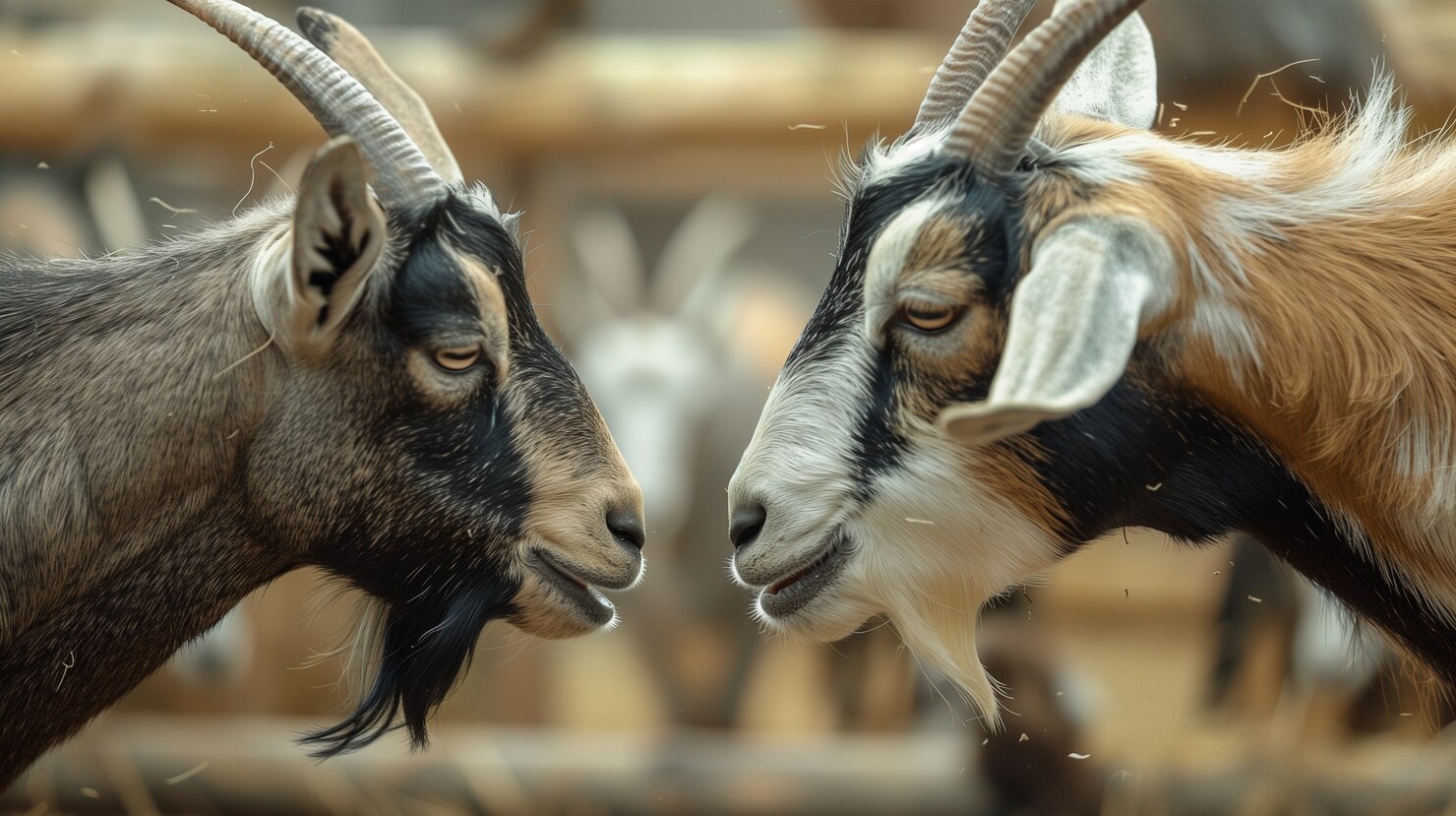Question
What Are the Differences Between Qurban and Aqiqah?
Bottom Line
Both qurban and aqiqah are Sunnah mu’akkadah sacrifices, but they differ in purpose, timing, number of animals, and meat distribution.
Quick Answer
Qurban commemorates Prophet Ibrahim’s obedience and is offered annually during Eid al-Adha. Aqiqah is gratitude for a newborn and is offered once in a lifetime, usually on the 7th day after birth. Qurban animals can be goats, sheep, cows, or camels, while aqiqah is usually one sheep for a girl and two for a boy. Qurban meat is distributed raw, while aqiqah meat is usually cooked before distribution.
Key Takeaways
- Qurban: Symbol of Prophet Ibrahim’s devotion; Aqiqah: gratitude for a child’s birth.
- Qurban: offered annually on Eid al-Adha; Aqiqah: once in a lifetime, usually on the 7th day.
- Qurban: goats, sheep, cows, camels; Aqiqah: one or two sheep/goats, depending on gender.
- Qurban meat: divided raw into three portions; Aqiqah meat: cooked before sharing.
- Both are Sunnah mu’akkadah for those able to afford it.
Detailed Answer
For the ‘aqeeqah or udhiyah to be valid, it is not stipulated that the name of the one who is offering the udhiyah or ‘aqeeqah be mentioned over it. It is also not stipulated that they be slaughtered at home; in fact, it is acceptable for them to be slaughtered in a country other than the country of the one who is offering the udhiyah or the child for whom the ‘aqeeqah is offered.
1) Significance
– Qurban: Commemorates Prophet Ibrahim’s willingness to sacrifice his son in obedience to Allah. It is a reminder of submission and devotion.
– Aqiqah: Expresses gratitude for a newborn. It is a Sunnah of the Prophet ﷺ and part of the Abrahamic legacy affirming Tawhid.
2) Timing
– Qurban: Offered during Eid al-Adha (10–13 Dhul Hijjah) every year.
– Aqiqah: Sunnah to perform on the 7th day after birth; if missed, the 14th, 21st, or later until puberty. After puberty, the child may perform it for themselves.
3) Animals
– Qurban: Goats or sheep (≥1 year), cows (≥2 years), camels (≥5 years). Goats/sheep = 1 share; cows/camels = 7 shares. No upper limit.
– Aqiqah: One sheep/goat for a girl, two for a boy. Based on authentic hadith from the Prophet ﷺ.
4) Distribution
– Qurban: Meat is divided into three portions: self, family/friends, and the poor. Distributed raw.
– Aqiqah: Sunnah to cook the meat before distributing. May invite guests or give to the poor.
What This Means for You
If you have the means, perform qurban every Eid al-Adha as a sign of devotion. Perform aqiqah once for each child as gratitude for their birth. While both are Sunnah mu’akkadah, they serve different spiritual purposes and follow distinct rules.
And Allah knows best.
References
Primary Sources
Qur’an
- An-Nisa 4:125: Allah took Ibrahim as a close friend.
- As-Saffat 37:102 107: Story of Ibrahim and Isma’il, ransom by sacrifice.
Hadith
- Sahih al-Bukhari 5565: Prophet ﷺ performed a sacrifice on Eid al-Adha.
- Sahih Muslim 1966: Rulings on sacrificial animals.
- Sunan al-Tirmidhi 1515: Aqiqah for a boy anda girl.
- Sunan Ibn Majah 3163: Two sheep for a boy, one for a girl.
- Sunan al-Nasa’i 4218: Aqiqah performed for Hasan and Husain.
Secondary Sources
- Ibn Qudāmah, al-Mughnī: Rulings on aqiqah and qurban.
- Al-Nawawī, al-Majmūʿ: Sunnah practices of sacrifice.
- Ibn Kathīr, Tafsīr of Qur’an 37:102–107: Commentary on Ibrahim’s sacrifice.
Was this helpful?
Leave Your Comments
© Copyright 2025, All Rights Reserved

